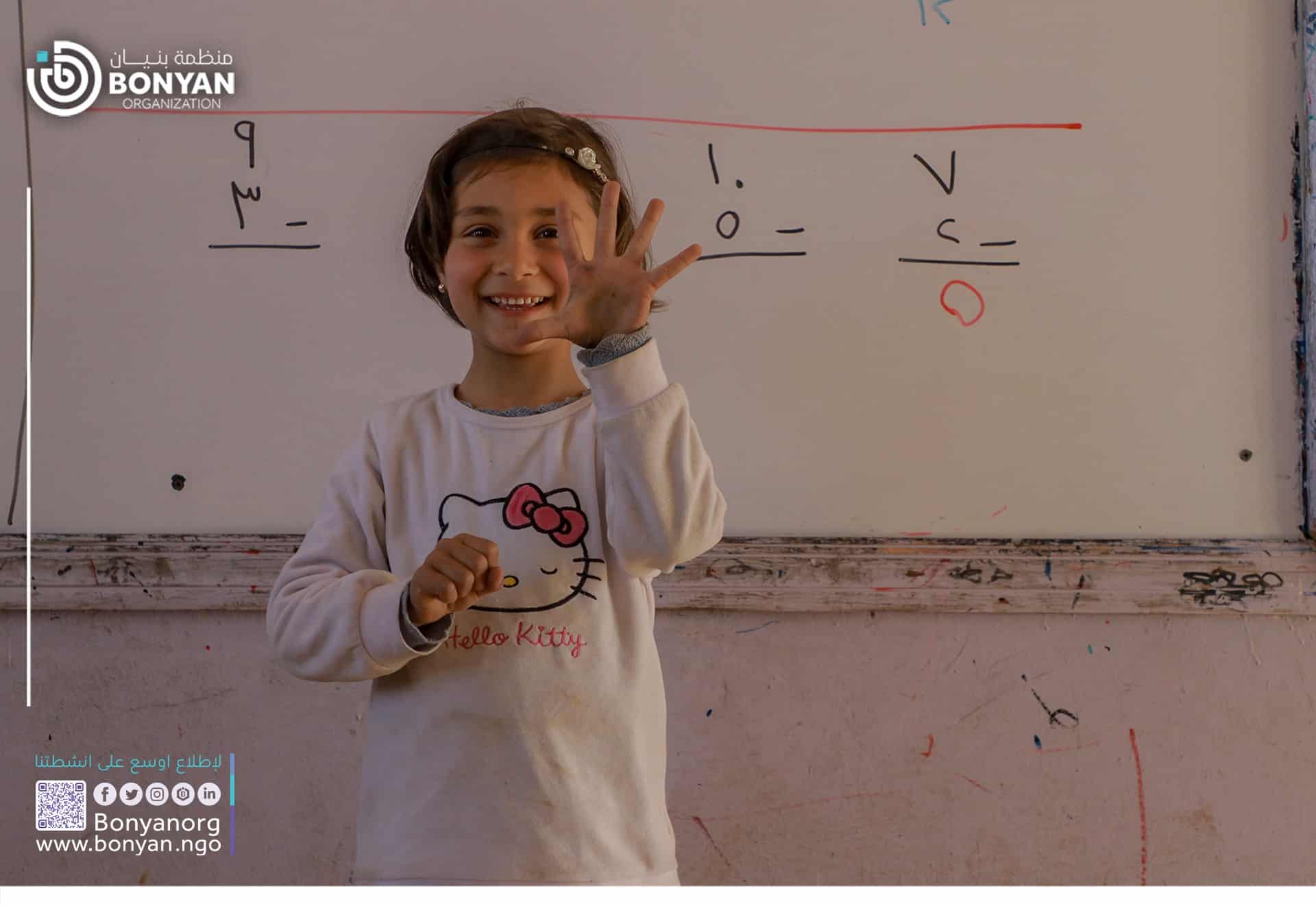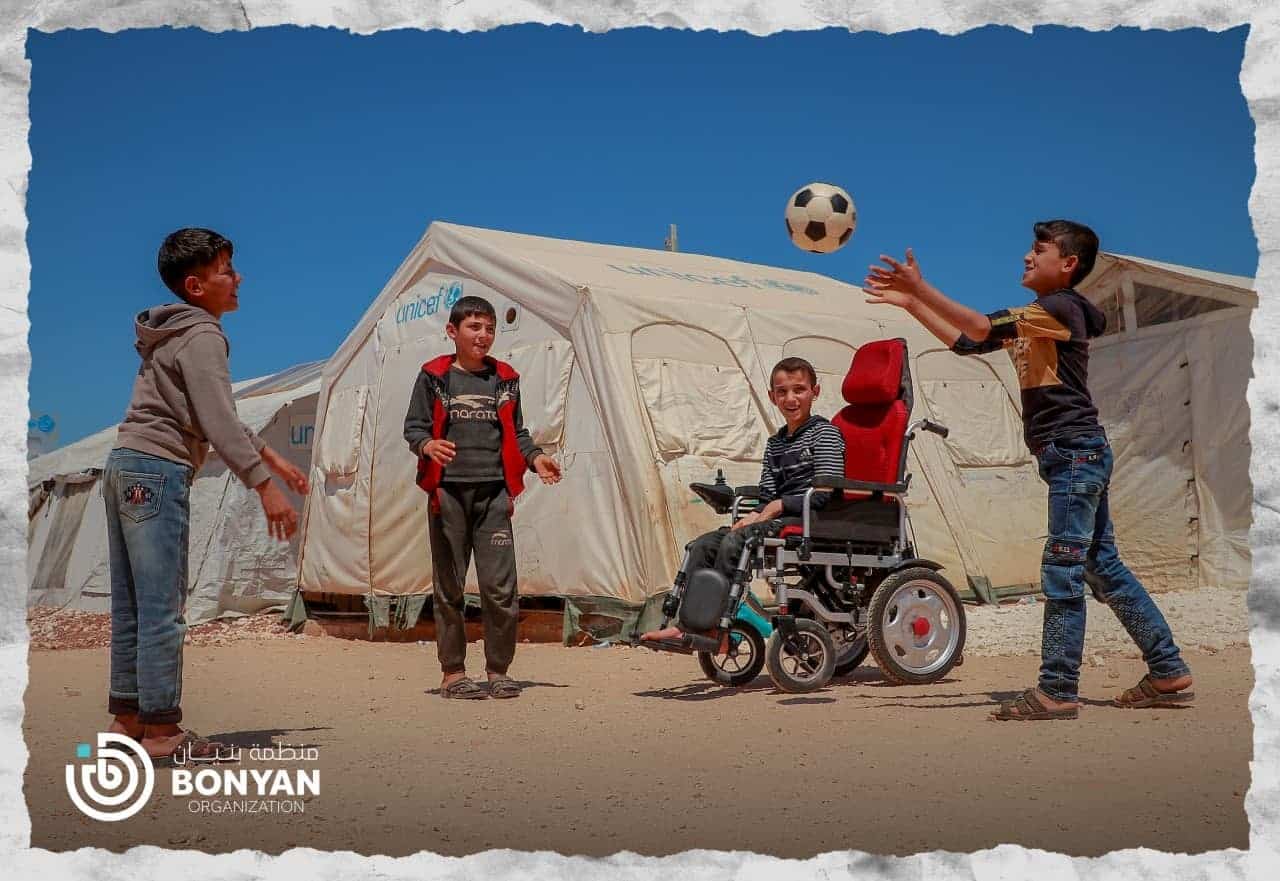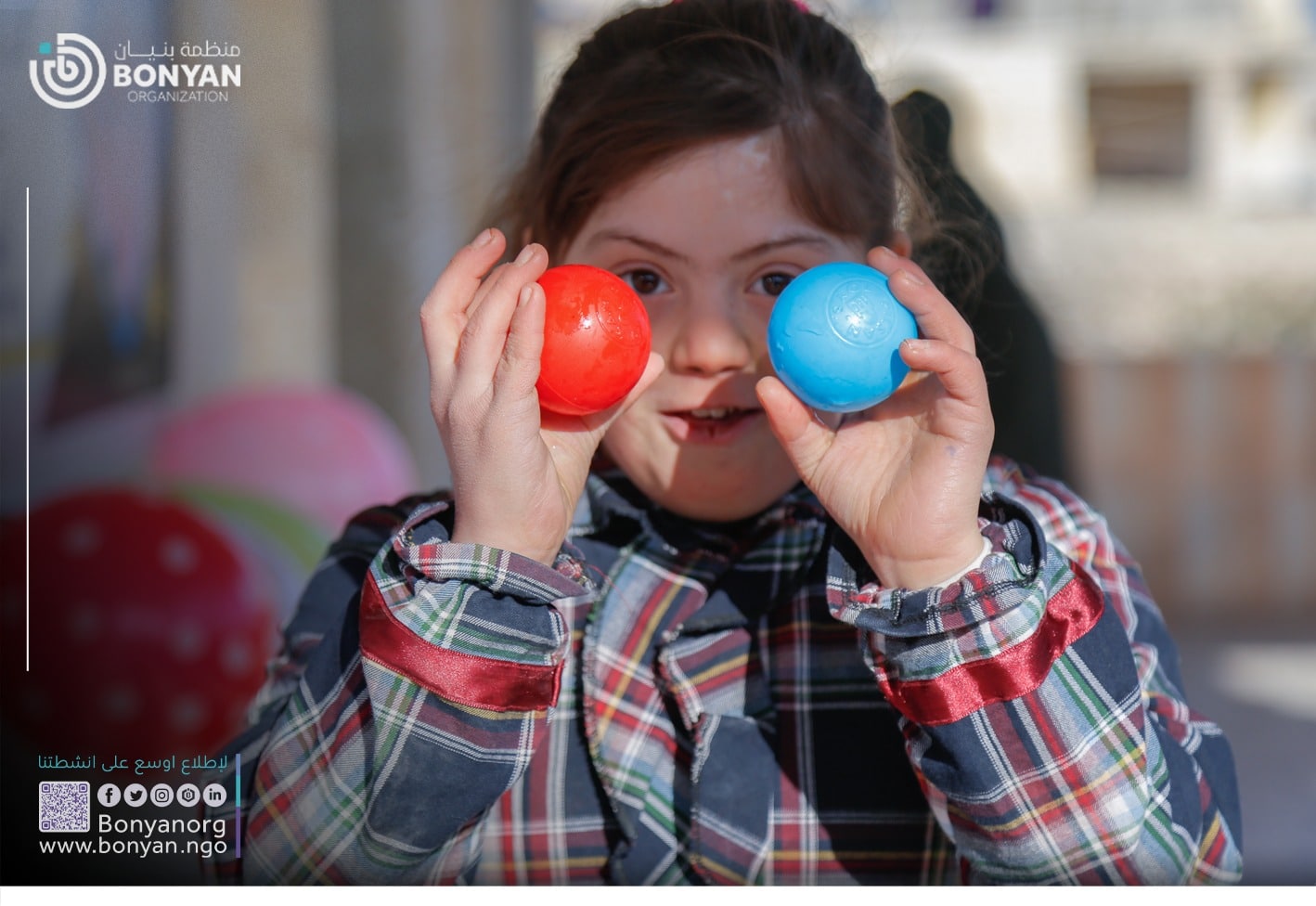Diversity is the heartbeat of today’s classrooms, where students bring a rich tapestry of cultures and life experiences. Within this mosaic, refugee students stand as resilient individuals with unique challenges and strengths.
Navigating their educational journey requires a carefully curated mix of strategies to ensure a seamless integration into the academic fabric.
This article serves as a sampler, offering a taste of effective approaches designed to support refugee students in schools. By embracing these strategies, educators and communities can create inclusive environments that not only meet the distinct needs of refugee learners but also empower them to flourish in their educational endeavors.

Problems Faced by Refugee Students in Schools
Refugee students encounter various challenges in the educational system, hindering their academic progress and overall well-being.
Language and Communication Barriers
Refugee students encounter substantial hurdles in their educational journey due to language disparities. The inability to communicate effectively in the host country’s language not only impedes their comprehension of academic lessons but also hinders their seamless integration into the educational milieu.
This linguistic challenge extends beyond the classroom, affecting their ability to engage with peers and educators, hindering the development of vital communication skills crucial for academic success and social integration.
Cultural Differences
The adaptation to cultural norms in the host country poses a formidable challenge for refugee students. Navigating unfamiliar cultural landscapes impacts their social interactions, making it challenging to form connections within the school community.
This struggle to align with cultural expectations not only influences their sense of belonging but can also lead to feelings of isolation, making it imperative for educational institutions to implement cultural sensitivity programs that foster inclusivity and understanding.
Economic Issues
Economic hardships significantly constrain refugee students’ access to fundamental resources. Beyond the immediate impact on educational materials, economic challenges extend to transportation and participation in extracurricular activities.
The lack of financial resources limits their overall educational experience, creating disparities that may affect their academic performance and future opportunities.
Limited Cooperation
Effective integration and support for refugee students are impeded by the lack of collaboration among educational institutions, communities, and support organizations.
The absence of a cohesive support system creates gaps in understanding and addressing the unique needs of refugee students, hindering their overall educational success.
A concerted effort to foster collaboration is essential for creating an inclusive environment that nurtures the growth and development of refugee students.
Lack of Educational Materials
The insufficient availability of learning materials poses a formidable barrier to the education of refugee students. Inadequate access to textbooks, technology, and other essential resources limits their ability to engage effectively with the curriculum.
This challenge underscores the importance of initiatives aimed at providing equitable access to educational materials, ensuring that all students have the tools necessary for academic achievement.
Poor Physical Conditions
Refugee children often contend with adverse school-related conditions, including multigrade classes and inadequate infrastructure. These challenges impact the overall learning environment, potentially hindering the quality of education they receive.
Addressing these physical conditions is crucial for creating a conducive and supportive atmosphere that facilitates optimal learning experiences for refugee students.
Minimal Access to Basic Needs
Beyond educational challenges, refugee children grapple with fundamental issues such as poverty, substandard living conditions, and restricted access to necessities like safe drinking water, healthcare, and proper nutrition.
These basic needs, when unmet, exacerbate the hurdles faced in their educational journey, emphasizing the need for comprehensive support systems that address both academic and holistic well-being.

How to Support Refugee Students in Schools as a Teacher
Supporting refugee students in schools requires a compassionate and informed approach. Here are practical tips for teachers:
Get to Know Your Students
Cultivate a deep understanding of each student’s personal history, experiences, and challenges. Take the time to engage in meaningful conversations, allowing them to share their unique backgrounds.
This not only creates a foundation of trust but also provides valuable insights that enable you to tailor your support according to their specific needs and circumstances.
Building a genuine connection fosters a positive teacher-student relationship, crucial for academic success and emotional well-being.
Create Predictability and Routines
Establish a structured and predictable environment within the classroom. Clearly outline daily routines, schedules, and expectations, providing refugee students with a sense of security and stability.
Predictability plays a pivotal role in their adjustment to the new educational setting, offering a familiar framework that eases anxieties and promotes a conducive learning atmosphere.
Focus on Strengths
Recognize and celebrate the diverse skills, strengths, and knowledge that refugee students bring to the classroom. Acknowledging their resilience not only boosts their confidence but also encourages active participation in the learning process.
By fostering an environment that values their unique contributions, you contribute to a positive and empowering educational experience.
Encourage Participation in School Activities
Promote inclusivity by actively encouraging refugee students to engage in various school activities, including clubs, sports, and after-school programs. Participation in these activities fosters social integration, allowing them to build connections with peers and feel a sense of belonging within the school community.
This holistic involvement contributes to their overall well-being and supports a smoother transition into the educational environment.
Establish Healthy Relationships
Invest time in building healthy and supportive relationships with refugee students. Creating a safe and welcoming space within the school environment is paramount to their healing process.
By offering emotional support, understanding, and approachability, you contribute to a positive school climate that enhances their academic and emotional resilience.
Be Trauma-Informed
Recognize the potential trauma that refugee students may have endured. Implement trauma-informed strategies such as creating safe spaces, employing calming techniques, and providing additional emotional support.
A trauma-informed approach ensures a compassionate and understanding environment that addresses the unique emotional needs of refugee students, promoting both their psychological well-being and academic success.
Explicitly Acknowledge Appropriate Behavior
Actively recognize and commend positive behavior, explicitly acknowledging the efforts of both refugee and non-refugee students. Positive reinforcement reinforces a conducive learning environment, fostering a sense of accomplishment and motivation for all students.
By promoting a culture of mutual respect and appreciation, you contribute to a harmonious classroom atmosphere that supports the overall development of each student.

How to Support Refugee Students in Schools as a Parent
Supporting refugee students as a parent involves active engagement and collaboration with educational institutions. Here are key strategies:
Establish a Relationship with the School
Proactively reach out to teachers, administrators, and support staff to initiate a meaningful connection. Building a positive rapport lays the foundation for open communication channels. This ongoing relationship ensures that you are well-informed about your child’s academic progress, social interactions, and any challenges they may be encountering.
Regular communication fosters a collaborative environment where both parents and educators work together for the well-being and success of the student.
Attend School Events and Meetings
Actively participate in various school events, including parent-teacher conferences and meetings. Your presence demonstrates a genuine commitment to your child’s education, fostering a sense of community within the school.
These events provide invaluable opportunities to engage with educators, discuss your child’s specific needs or concerns, and contribute to the collaborative efforts between home and school.
Build Trust with Educators
Cultivate trust with your child’s teachers and the broader school staff. Trust is the cornerstone of effective collaboration, allowing for open and honest communication. By establishing a trusting relationship, you create a supportive environment where educators feel comfortable addressing academic and social challenges.
This collaboration enhances the overall educational experience for your child.
Understand the School System
Take the time to familiarize yourself with the intricacies of the school system, including policies and procedures. Knowledge about how the educational system operates empowers you to be an effective advocate for your child.
Understanding administrative processes enables you to navigate any challenges seamlessly and ensures that your child receives the support they need.
Encourage Extracurricular Activities
Actively support and encourage your child’s participation in extracurricular activities, clubs, and sports. Engagement in these activities goes beyond academics, promoting social integration, a sense of belonging, and overall well-being.
By encouraging extracurricular involvement, you contribute to a holistic educational experience that extends beyond the classroom.
Stay Informed about Educational Resources
Stay vigilant about available educational resources and support services. Being informed about programs and initiatives that can benefit your child academically and emotionally equips you to make informed decisions.
This knowledge ensures that your child has access to the necessary resources to thrive in their educational journey.
Advocate for Inclusive Policies
Take an active role in advocating for inclusive policies that address the unique needs of refugee students. Collaborate with other parents and the school administration to create an environment that embraces diversity and supports the well-being of all students.
Your advocacy contributes to a welcoming atmosphere that fosters inclusivity and understanding within the school community.
Advice and Tips for Refugee Students in Schools
Navigating a new educational environment can be challenging for refugee students. Here are valuable tips and advice to support their successful integration:
Connect with Teachers and Peers
Make an effort to get to know your teachers and classmates. Building these relationships will create a supportive network, making it easier for you to adapt to the new school environment. If you ever need help, these connections will be there for you.
Seek Language Support
Language is crucial for success in school. Don’t hesitate to use language resources provided by the school, like language assistance programs and language-learning tools. This will help you improve your language skills and feel more confident in your academic journey.
Establish Routine and Predictability
Creating a daily routine will bring stability to your life. Having a predictable schedule will make adjusting to the new school setting much easier. Consistent routines reduce stress and make the learning environment more positive.
Participate in Extracurricular Activities
Join clubs, sports, or other activities that interest you. Being involved in these activities will help you make friends, feel like you belong, and contribute to your overall well-being. It’s not just about academics—having fun and making connections matter too.
Be Aware of Mental Health
Pay attention to your mental health. If you feel stressed or anxious, it’s important to talk to someone. Reach out to school counselors or social workers—they are there to help you. Together, you can create a plan to reduce anxiety and make your school experience more enjoyable.
Explore Available Educational Resources
Stay informed about the resources the school offers. Know about programs and initiatives that can support you academically and emotionally. Being aware of these resources gives you the tools you need for a successful school journey.
Develop a Support Network: Connect with community organizations and support networks. They can provide extra help and guidance, creating a sense of community beyond the school. Having people to lean on outside of class can make your overall experience more enriching and supportive.
Remember, you’re not alone, and there are people and resources ready to support you on this journey.



